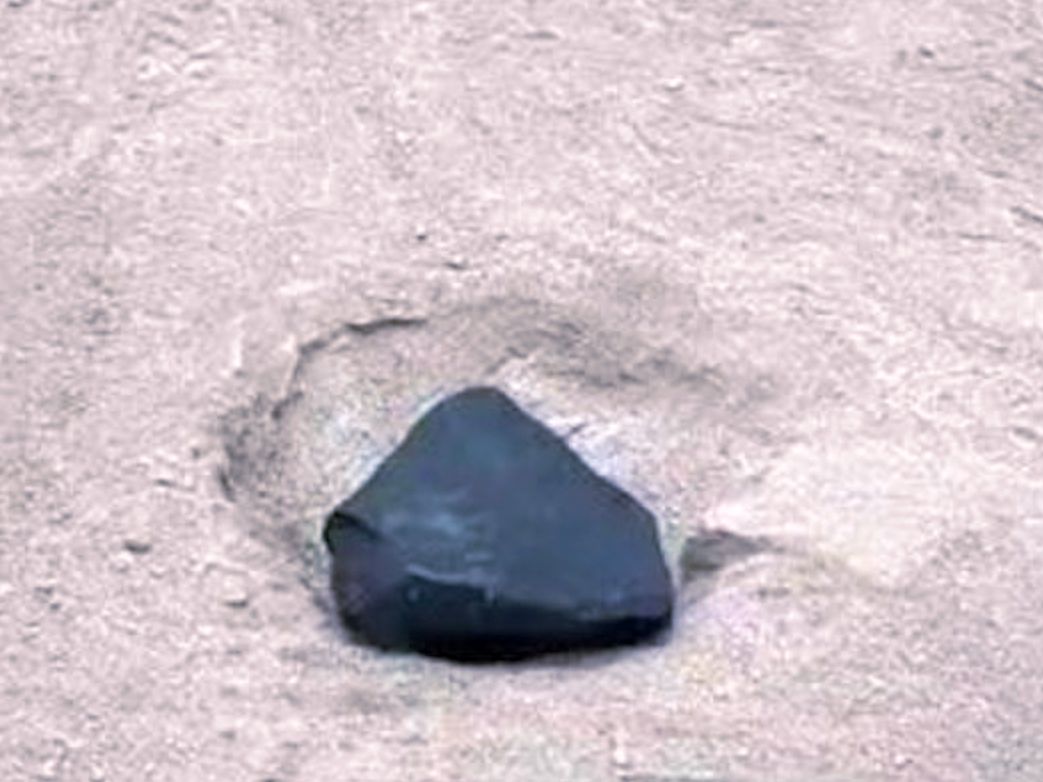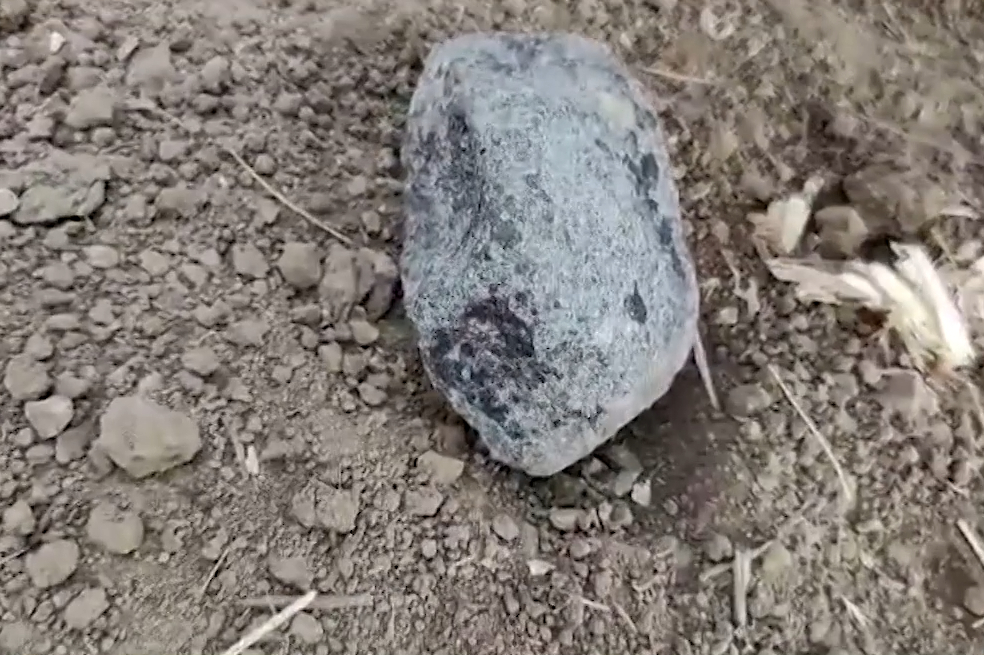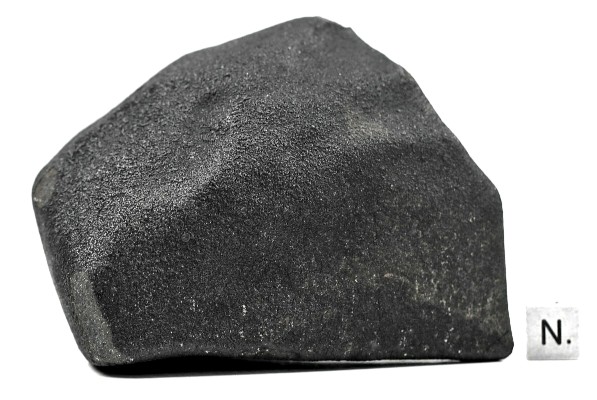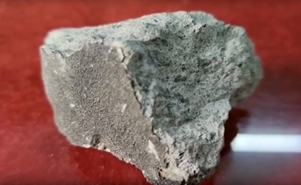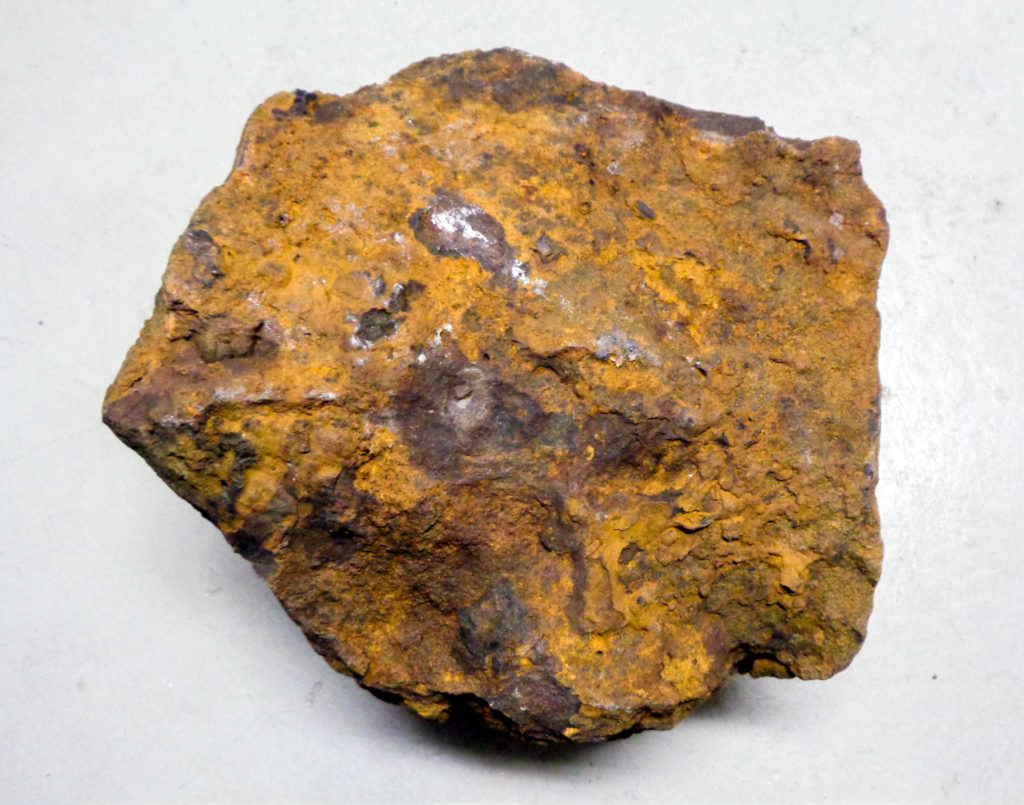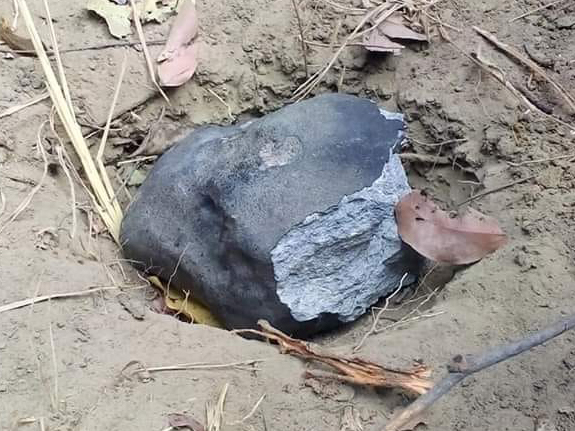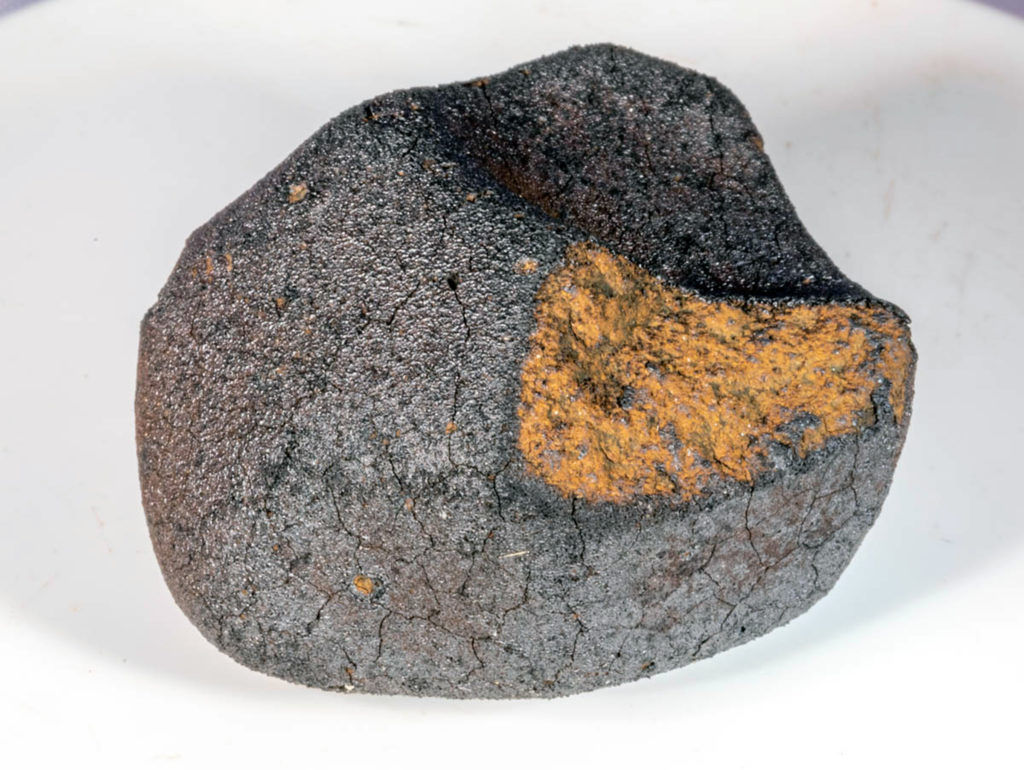An evolutionary system of mineralogy. Part III: Primary chondrule mineralogy (4566 to 4561 Ma)
Robert M. Hazen, Shaunna M. Morrison, Anirudh Prabhu
American Mineralogist (2021) 106 (3): 325–350.
“Information-rich attributes of minerals reveal their physical, chemical, and biological modes of origin in the context of planetary evolution, and thus they provide the basis for an evolutionary system of mineralogy. Part III of this system considers the formation of 43 different primary crystalline and amorphous phases in chondrules, which are diverse igneous droplets that formed in environments with high dust/gas ratios during an interval of planetesimal accretion and differentiation between 4566 and 4561 Ma. Chondrule mineralogy is complex, with several generations of initial droplet formation via various proposed heating mechanisms, followed in many instances by multiple episodes of reheating and partial melting. Primary chondrule mineralogy thus reflects a dynamic stage of mineral evolution, when the diversity and distribution of natural condensed solids expanded significantly.”

